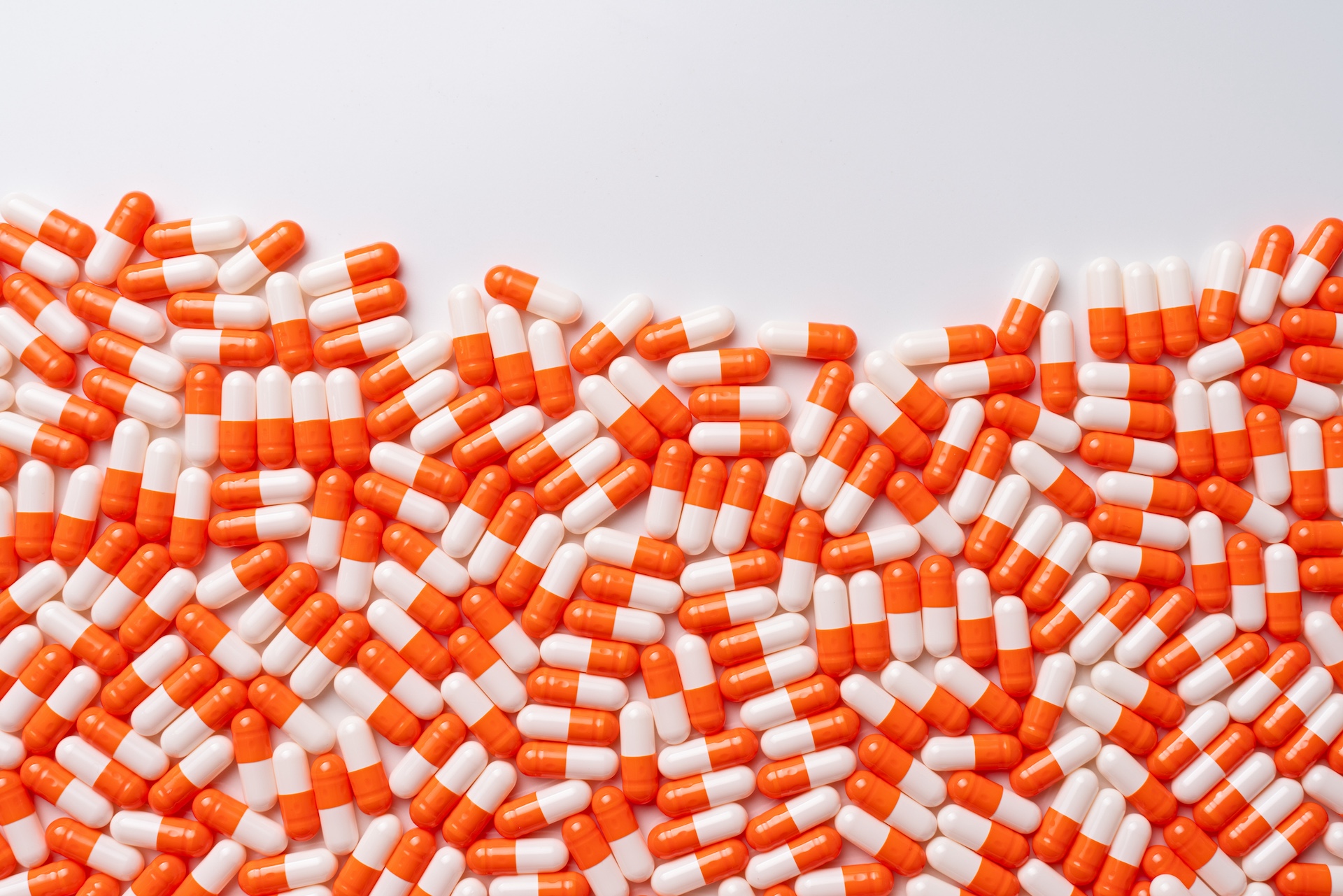
BMJ TAG: making meaningful contributions to patient care

A migraine attack can be incredibly debilitating. Symptoms can include intense head pain, loss of or changes to the senses and lack of ability to carry out day-to-day life. It is positive to see even more therapies emerging for people with migraine, as many still rely on treatments developed for other conditions. We now need to ensure access to the newer treatments is swift so that migraine patients can benefit from them”
Rob Music
Chief Executive, The Migraine Trust
In November 2023, foslevodopa-foscarpidoba became the first treatment for Parkinson’s disease to be approved by NICE for use in the NHS. It is administered as a continuous subcutaneous infusion (24 hours a day), with release controlled by a small automatic pump with an option for manual boost if needed. Unlike traditional oral treatments, it provides a steady supply of medication, preventing the harmful spikes and drops in dopamine levels that cause movement problems. Limiting movement problems can significantly improve Parkinson’s Disease patients’ quality of life. Foslevodopa-foscarpidoba provided a notable improvement in quality of life over Levodopa-Carbidopa Intestinal Gel (LCIG). LCIG has a similar concept for regulating levodopa administrations/dopamine levels but involves invasive surgery, which was both costly and negatively impacted patients’ quality of life.
An NHS England News item from February 2024 outlines how the patient community welcomes the new treatment and estimates that nearly 1,000 patients will benefit from it.





